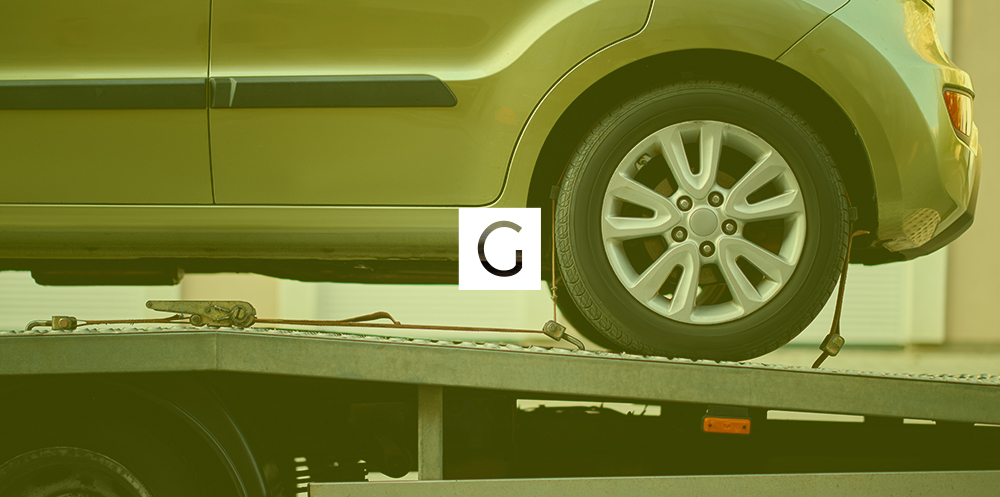Picture this: you come back from an appointment and your car is nowhere to be found. After a bit of digging, you find out it has been towed by a private towing company you have never heard of. To get it back, you are told you must pay a hefty fee to the very company that removed your vehicle without your consent.
You firmly believe you did not break any parking rules, or if you did, the charge feels way out of proportion. Still, you are stuck: no payment, no car.
Most people end up paying just to get it over with. But here is what many do not know: there is a legal tool that allows you pay under protest, so you can get your car back without giving up your right to dispute the charge later.
A Practical Tool for Protecting Your Rights
Payment under protest allows you to settle a disputed amount without acknowledging that the charge is valid. It’s often used when you’re under pressure, whether due to urgency, inconvenience, or lack of alternatives, and want to preserve your right to contest the payment afterward.
To be effective, the payment must be accompanied by a clear and explicit statement. A simple written note, such as “payment under protest” or “payment under reserve”, is usually enough. This declaration can be included on a receipt, in an email, or handed over in writing at the time of payment. What matters most is that your objection is clearly communicated and that you keep a record of it.
In the case of towing, fees are often demanded even though you didn’t request the service, typically at the request of a third party, like a private property owner. The lack of prior agreement in such situations raises legitimate questions about the validity of the charges
This legal remedy is not limited to towing; however, it can apply in a range of other situations, especially in commercial contexts where a service is imposed or unexpected fees arise without your prior consent.
For instance, a construction contractor might face additional delivery fees not outlined in the original agreement. To avoid delays or disputes with the client, the contractor may choose to pay under protest preserving the right to challenge the fees later without slowing down the project.
From a legal standpoint, payment under protest can support a claim particularly when there’s no underlying contract or when the fees seem excessive and could amount to unjust enrichment.
Not an Admission of Debt
It is important to emphasize that a payment made under protest does not constitute an admission of liability. On the contrary, it expressly signals that you are disputing the charge and prevents the payment from being interpreted as a waiver of your right to challenge it.
That said, the legal effect of such a payment may vary depending on the circumstances. Courts typically consider the full context including any contractual terms, prior communications between the parties, and how clearly the reservation was expressed at the time of payment.
To ensure the protest is effective, it is essential to document your steps carefully. Retain copies of any written statements, correspondence, or receipts that reflect your objection. Clear, contemporaneous documentation will strengthen your position if a dispute later arises.
While many situations involving payment under protest such as towing disputes can often be handled without legal assistance, more complex or high-stakes matters may require professional guidance.
Our litigation team is well equipped to support you in navigating contractual disputes, commercial claims, and other contentious issues where your rights and interests are at stake. We invite you to contact us for tailored advice and strategic representation.

